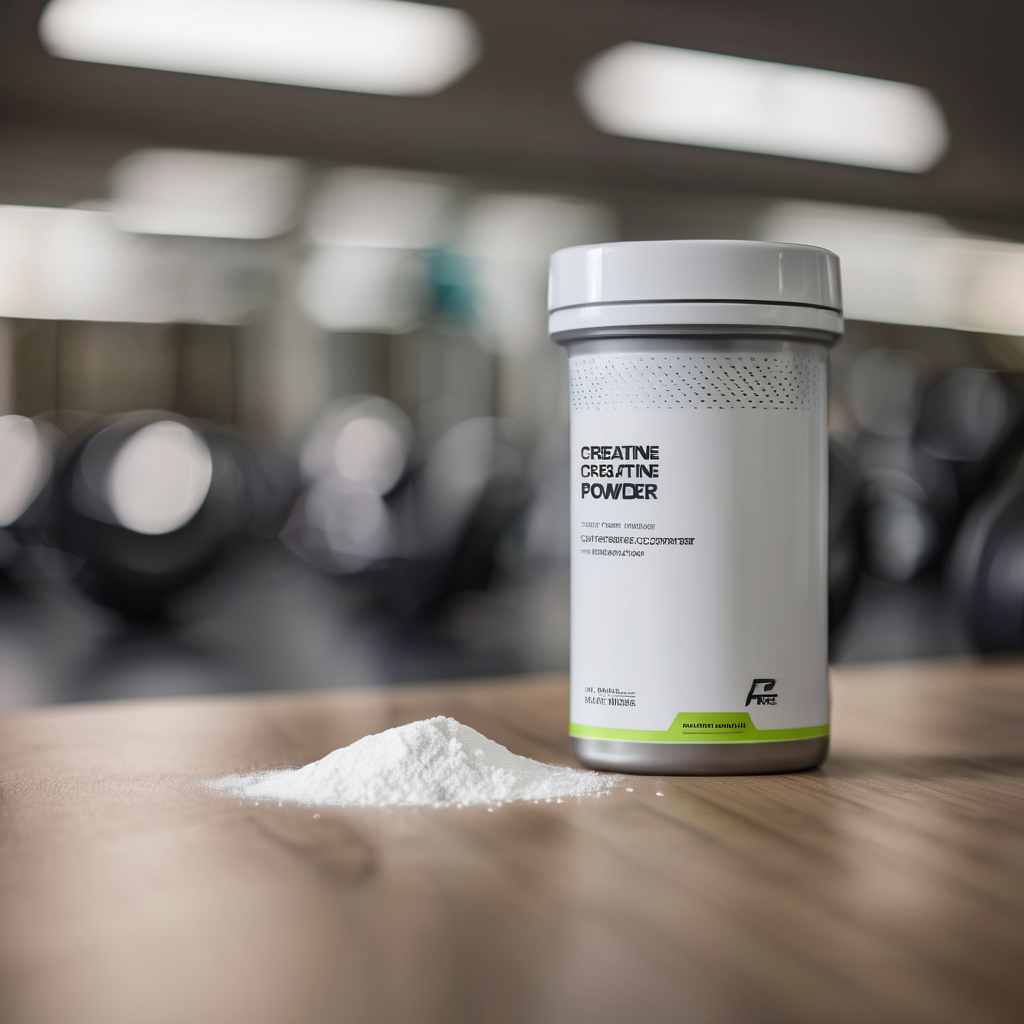Experts identify creatine as the leading supplement for boosting strength, enhancing workout performance, and aiding recovery. Known for its ability to help muscles generate energy more efficiently, creatine may also offer supportive benefits for heart and brain health.
In a market flooded with various workout supplements—from protein powders to herbal options like ashwagandha and turmeric—finding a singular, effective choice can be challenging. To cut through the confusion, fitness and nutrition experts have weighed in, unanimously naming creatine as the top recommendation for anyone looking to enhance their workouts.
Creatine is a naturally occurring compound in the body, fulfilling a critical role in muscle function. According to Lena Beal, a cardiovascular dietitian at Piedmont Atlanta Hospital, decades of research confirm that creatine safely and effectively increases strength, muscle recovery, and performance in high-intensity exercises. “Unlike trendy products that come and go, creatine has a robust evidence base in athletes and everyday exercisers alike,” she noted.
Creatine’s mechanism hinges on its role in regenerating adenosine triphosphate (ATP), the primary energy source for muscles, allowing individuals to train harder and perform longer without fatigue. Additionally, creatine supplementation has been linked to various auxiliary benefits, including lower cholesterol levels, better blood sugar management, and enhanced cognitive function. Tony Ambler-Wright from the National Academy of Sports Medicine adds, “Creatine stands out due to its proven ability to increase strength and muscle mass while enhancing cognitive performance, particularly in sleep-deprived individuals.”
While creatine emerged as the foremost choice, Melinda Ring, executive director of the Osher Center for Integrative Health at Northwestern University, recommended beetroot as a beneficial alternative. Beetroot contains natural nitrates that convert to nitric oxide, which can improve exercise efficiency by increasing blood flow and oxygen delivery to working muscles. Research indicates that beetroot can enhance time to exhaustion by 18-25% and boost power output by 6-7%.
Experts emphasize the importance of meeting individual protein needs, which should be around 0.7 grams per pound of body weight, before adding creatine or other supplements into your regimen. Compliance with these guidelines could significantly support workout enhancement.
When selecting a creatine supplement, consumers are advised to opt for creatine monohydrate, the most thoroughly studied form, and preferably choose products that have been third-party tested. The recommended dosage is between 3 to 5 grams per day, with discussions around a loading phase—taking 20 grams for one week—suggesting it’s generally unnecessary for most individuals.
The safety profile of creatine is strongly supported by extensive research, although those with kidney dysfunction should seek medical advice prior to use. Hydration is also crucial, as proper water intake can help mitigate the most commonly reported side effect: water retention.
In conclusion, for those considering a single supplement to bolster their workouts, creatine stands out for its extensive benefits—supporting not just exercise performance but also promoting muscle growth and recovery. “Creatine monohydrate is a standout supplement for athletes, older adults, and anyone serious about fitness,” asserts Ambler-Wright, highlighting its unmatched safety, efficacy, and cost-effectiveness.
